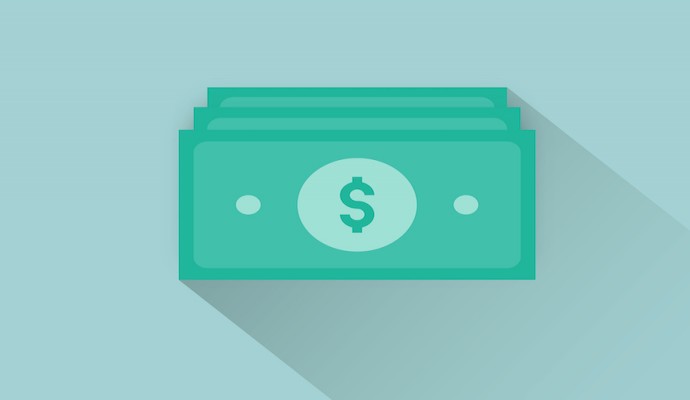Health Insurance Is Expensive, But Americans Intend to Keep Their Plans in 2023
Seven out of ten Americans plan to stay in their current health plan in 2023 even as healthcare costs escalate, but many also have a threshold for how much more they are willing to pay.

Source: Getty Images
- Even though many Americans are concerned about health insurance costs, most plan to remain in their current health plan for 2023, according to a survey by ValuePenguin.
Qualtrics sent out the online survey for ValuePenguin on October 5 and October 6, 2022. The survey reached nearly 1,550 adults in the US. The survey respondents included representatives from four generations: Generation Z (ages 18 to 25), Millennials (26 to 41), Generation X (ages 42 to 56), and Baby boomers (ages 57 to 76).
“As consumers make critical health care insurance decisions, it’s worth noting that 2023 will bring many changes beyond premium hikes,” the survey explained.
“If the COVID-19 public health emergency ends in mid-January as is expected, up to 15 million Americans will be disenrolled from Medicaid and the Children’s Health Insurance Program, according to the U.S. Department of Health and Human Services (HHS) estimates. If these Americans want to be insured, they'll have to get private health insurance — which is generally much more expensive.”
Three-quarters of the survey participants indicated that they were concerned about escalating health insurance costs. A third of Americans said that their current premium for 2022 is overpriced.
Most of the respondents said that they would pay up to $364 per month for insurance, but no higher. If the cost exceeded what they considered reasonable, almost 40 percent of Americans would discard their health insurance altogether. In particular, a little over half of Millennials (52 percent) and low-income Americans with incomes below $35,000 (51 percent) would be willing to lose their health insurance coverage.
Respondents said that if they chose to go uninsured instead of paying high premiums, they would put the savings toward general savings, paying down debt, retirement savings, or investments.
However, of the 39 percent of Americans who would be willing to drop their insurance due to cost, 17 percent acknowledged that they did not know how much their premiums currently cost.
Despite rising prices, many Americans responded that their health insurance premiums were fairly priced or inexpensive (67 percent) and most Americans are not planning to switch health plans for plan year 2023. Seven out of ten respondents intended to remain on their current health plans, which have an average premium of $500 per month or less.
Only 23 percent of Americans are considering changes or switching plans and seven percent will forego health insurance. Most of the respondents who are considering new plans are looking for something cheaper (63 percent). A small share of individuals plan to stay with their insurer but adjust their coverage (four percent) and others may take on another job for the sake of better health insurance (three percent).
In separate research, experts have predicted that one out of four employers may transfer higher healthcare costs to employees through premium increases.
The majority of the premium dollar continues to go toward prescription drugs and medical services, AHIP found.
Employer sponsored health plans are not the only ones experiencing higher premiums. Premiums were projected to rise on the Affordable Care Act marketplace as well as in Medicare Advantage plans.
